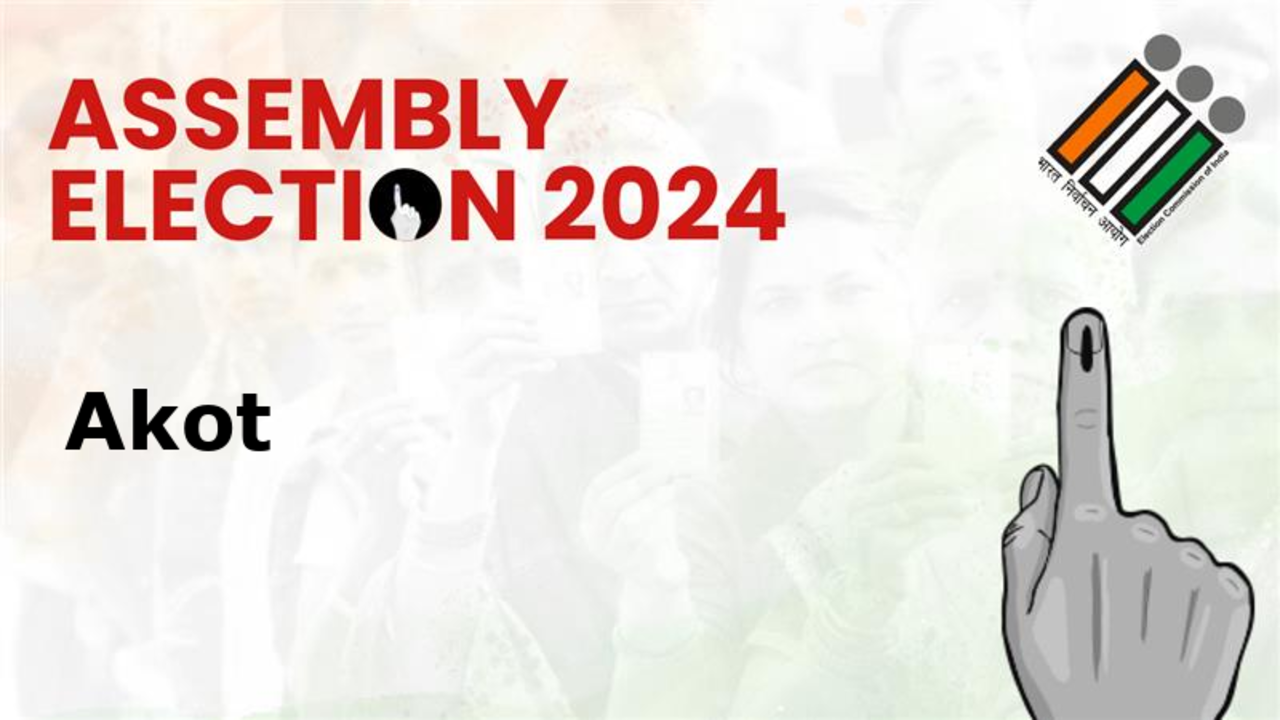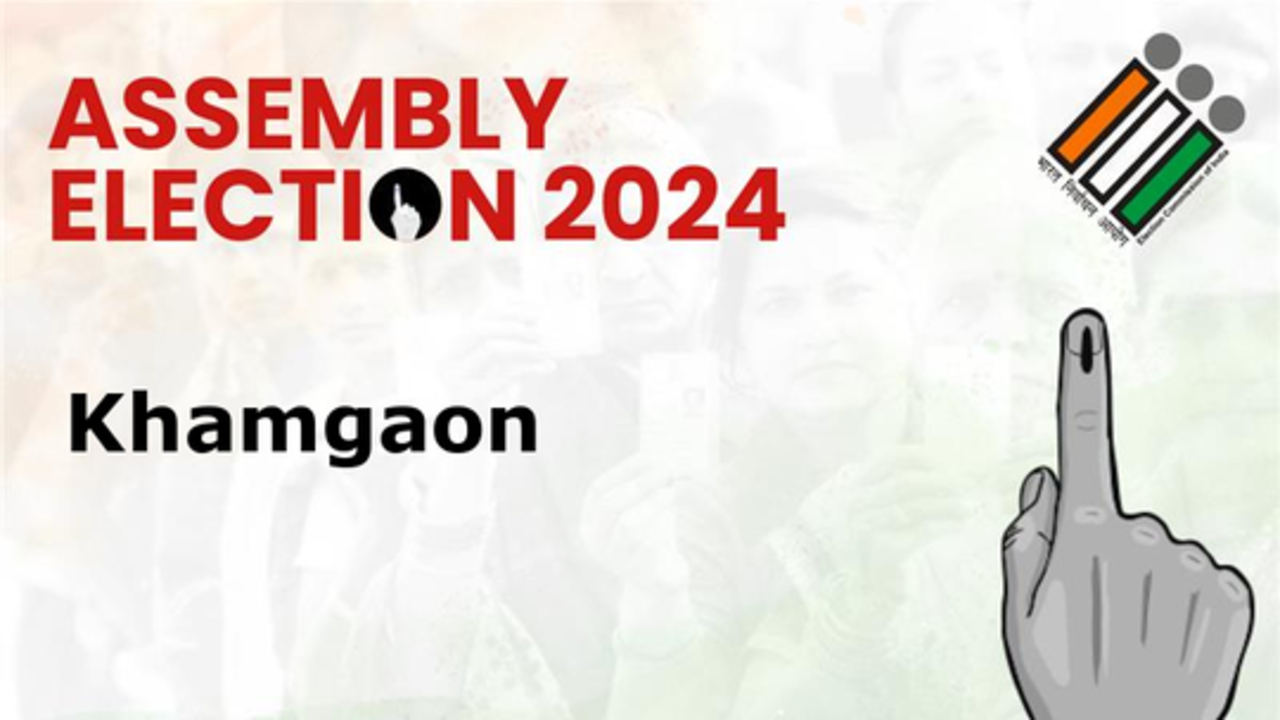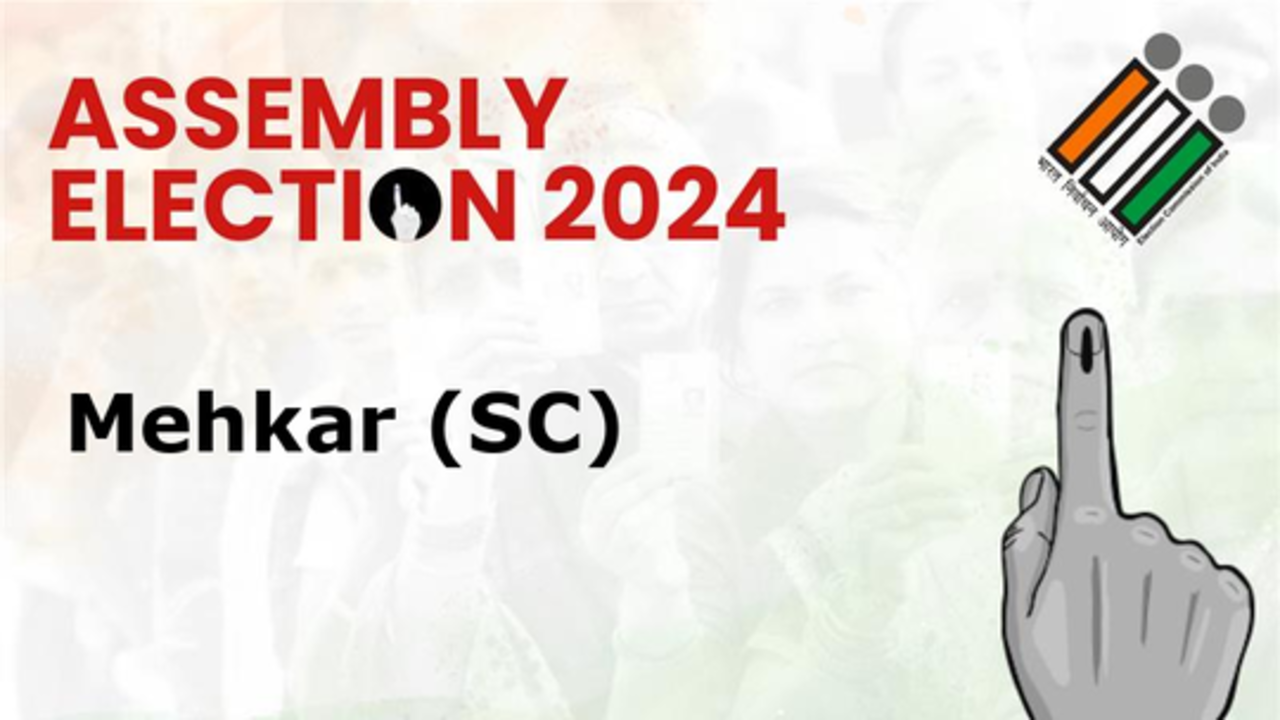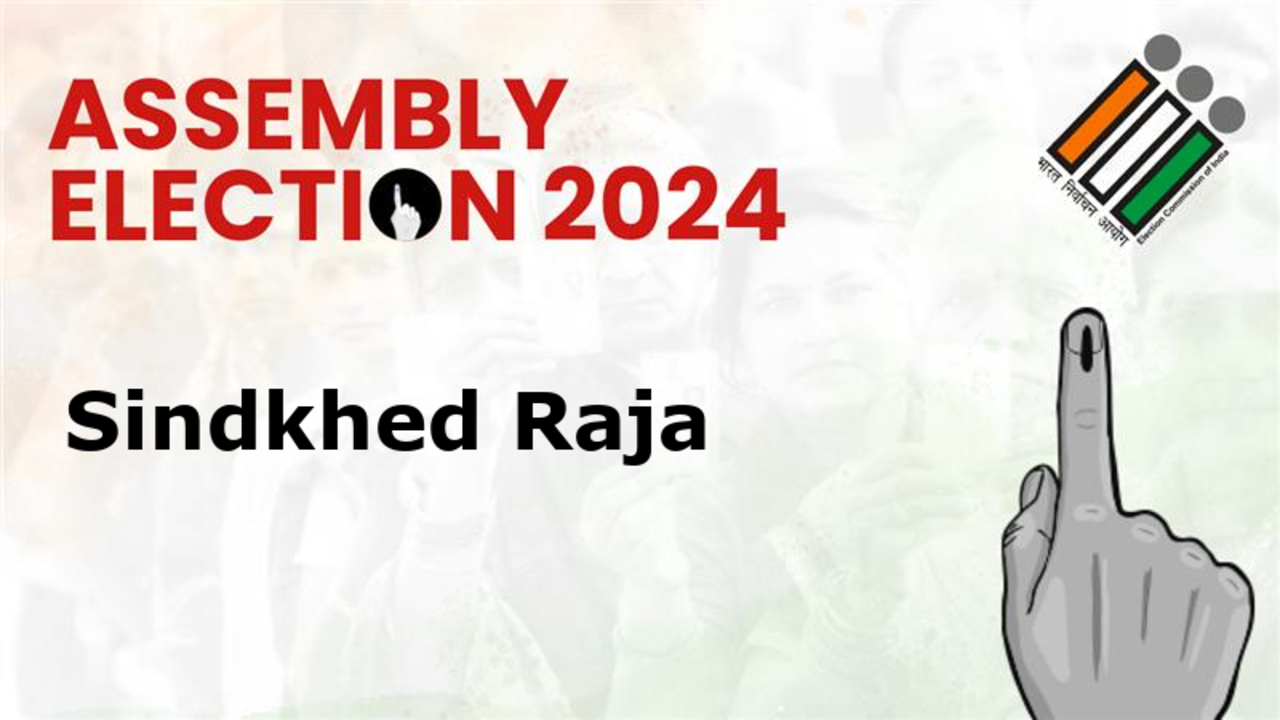
Australia’s first federal anti-corruption commissioner has rebuffed calls to step down after a damning review of his agency’s decision not to pursue officials over the unlawful robo-debt scheme, lashing critics’ unrealistic expectations of the agency. In his first public appearance since a misconduct finding last month, Paul Brereton declared he would keep his role and stood by his cautious approach to investigations, arguing “calls to produce scalps publicly and promptly are unhelpful”. “Some have suggested that I should resign.
Others have gone further. One commentator even posted that it was a revolver in the library time for me, which was liked by another 1700, and I’m afraid I didn’t find it particularly funny,” he told the National Public Sector Governance Forum on Friday. Commissioner Paul Brereton reprimanded critics of the anti-corruption body, saying it was not trying to win a popularity contest.
Credit: AAP In a report released last month , NACC independent overseer Gail Furness noted that Brereton had disclosed a conflict of interest when the commission was weighing up whether to investigate the robo-debt saga and delegated the decision to a deputy. But Furness concluded Brereton should have withdrawn from the process completely, resulting in a finding of “officer misconduct ..
. that is not unlawful but arose from a mistake of law or fact”. Brereton defended his decision to remain in his role, despite calls for his resignation from two integrity experts at the time, saying he took responsibility for the mistake but emphasised there had been no finding of actual bias.
At the Adelaide forum, Brereton justified his partial involvement in the agency’s work on robo-debt, arguing it was one of the watchdog’s first major cases that would set up the scope of the body’s jurisdiction and the meaning of corrupt conduct in the act. “They also had very significant resource implications. If we did robo-debt, there would be other things that we would not be able to do .
.. I considered it would have been irresponsible and negligent for me to abandon any involvement in those questions,” Brereton said.
The former Coalition government’s robo-debt scheme aimed to recover $1.7 billion in alleged Centrelink overpayments. Many debts were calculated based on incorrect data, resulting in hardship to welfare recipients and a large online group angry about the policy and its administration.
The Albanese government established a royal commission into robo-debt when it came to power, which delivered a scathing report last year that made critical findings against ministers. In a sealed chapter of the royal commission’s report, commissioner Catherine Holmes recommended six unidentified individuals be referred to various agencies – including the NACC – for potential criminal or civil action. When the NACC announced in June it would not pursue the referrals, Brereton acknowledged he had a conflict of interest because he had a professional association with someone who had been referred.
But after NACC inspector Furness’ findings last month, the commission said it would look at the issue again. Brereton confirmed on Friday the appointment of an outside expert to revisit the NACC’s June decision was imminent. He also reprimanded critics of the anti-corruption commission, telling the forum it was not trying to win a popularity contest.
Australia’s state and federal corruption commissions have different thresholds for holding public hearings, with the NACC allowed to do so in limited circumstances. That task, Brereton said, was being made harder by public commentary. “We have to second guess whether we’re making a decision for the right reason or to placate the clamour,” he said.
The commissioner cited his record of leading the Afghanistan Inquiry into alleged war crimes by Australian Defence Force soldiers and his work in the legal profession against the powerful and popular as proof of his commitment to uncovering corruption. “This requires a commission that can proceed with perseverance and fairness, not persecution and vengeance. This is why calls to produce scalps publicly and promptly are unhelpful,” he said.
“Surely, we don’t want scalps of those where corrupt conduct is not proved by evidence to our comfortable satisfaction.” The NACC is currently conducting 29 corruption investigations. Six relate to former or current parliamentarians, three to former or current parliamentary staffers, five to contractors or consultants, seven to senior executive officials and eight to law enforcement officials.
“Many fall in multiple categories and others fall in none of the categories I’ve mentioned so they won’t add up in that context. It’s important to remember that most investigations ultimately do not result in a finding of [mis]conduct,” Brereton said. Last week, Attorney-General Mark Dreyfus announced the government proposed to publish the sealed chapter of the robo-debt royal commission report.
Holmes had recommended the section not be tabled to avoid prejudice of any civil or criminal prosecution. “The government will now seek advice from the NACC decision maker, once appointed, on whether the tabling of the confidential additional chapter would prejudice any current or future decision of the NACC,” Dreyfus said. Cut through the noise of federal politics with news, views and expert analysis.
Subscribers can sign up to our weekly Inside Politics newsletter ..














